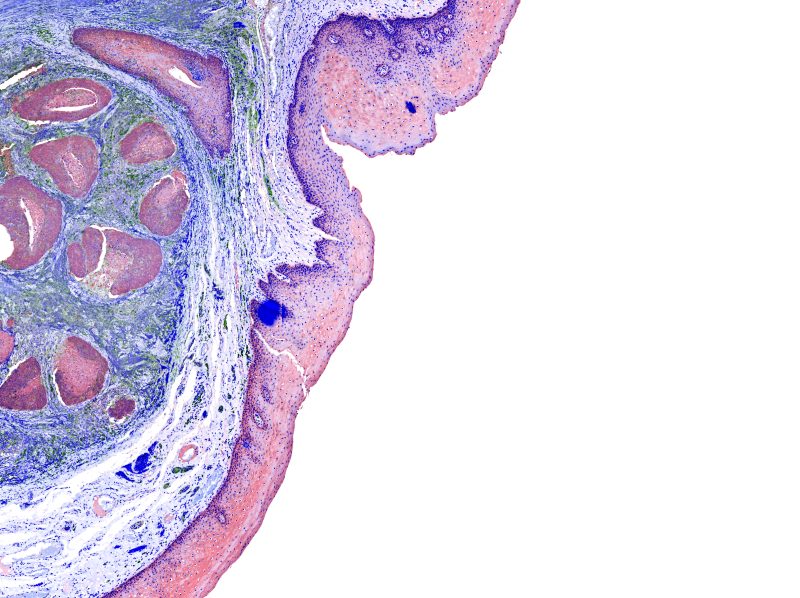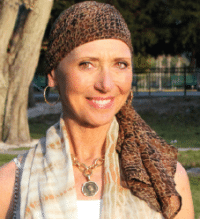PUBLISHED: 10th April 2012

by Susan Beausang
As a carrier of a BRCA2 mutation, I knew about my elevated lifetime risk for pancreatic cancer. Having the mutation and losing my father to pancreatic cancer qualified me to participate in a pancreatic screening study using endoscopic ultrasound (EUS) for early detection. I felt fortunate to participate in the study, which identified a precancerous pancreatic cyst. I then underwent a Whipple procedure (surgery that removes a portion of the pancreas, stomach, gallbladder, bile duct, and small intestine). Since then, two of my sisters have had similar screenings. My younger sister, a two-time breast cancer survivor, has a pancreatic tumor — devastating news, but the tumor is small and her prognosis is excellent. My older sister has two pancreatic cysts. None of us are grateful for our predisposition to cancers, but we are thankful that I started this search-and-destroy ball rolling.
After witnessing the breast cancer diagnoses and treatment of my grandmother, maternal aunt, mother, and two sisters, I was desperate to avoid what felt like my own inevitable diagnosis. My siblings were divided; some didn't want testing, but I persisted. Genetic testing revealed that four of my six siblings also have BRCA2 mutations. Upon learning of my mutation, I underwent a prophylactic double mastectomy and salpingo-oophorectomy, knowing this was the right decision for me.
Soon after my surgeries, my hair started falling out. In three months, I was bald with no hair anywhere: no eyelashes, eyebrows, or hair on my arms or legs. I had alopecia universalis, a disease in which my immune system attacks my hair follicles. Having surrendered my breast and ovaries, complete hair loss was almost more than I could handle. Little by little, I faced the reality of life with baldness and I started looking for headwear that would allow me to feel remotely normal. Wigs were conspicuous and uncomfortable; maybe fine for a night out, but not an option for every day. With no fashionable solution, I decided to design my own "the beaubeau", a high-fashion head scarf for women and girls with medical hair loss. Unfortunately, my baldness wasn't my last bump in the road.
The decision I faced with my pancreatic cyst was much harder than my decision for preventive mastectomy and oophorectomy. The pancreas fulfills multiple functions, and because pancreatic cancer symptoms are vague, most people are diagnosed at an advanced stage. My father died within nine months of his diagnosis. But a cyst is not cancer, and a Whipple is no small intervention. I changed my mind back-and-forth right up until the surgery. I consulted with three different specialists, none of whom agreed with the others. I chose to be proactive and proceed with the Whipple, and my recovery has gone remarkably well. Prophylactic surgeries are never free of second-guessing. Soon after my procedure, when I was figuring out what I could and couldn't eat, I wondered whether I had made the right decision. The passage of time and my sister's diagnosis convinced me that my decision was the right one.
Life is full of mottos. One that has special meaning for me is "knowledge is power." My grandmother went in for a biopsy and came out with a radical mastectomy (she was never even asked for her permission), but my generation has options. I didn't get to choose my genes, but I can choose how I manage my risks.

Susan Beausang is a third-generation breast cancer survivor and a BRCA mutation carrier. She is also president of 4Women.com, a company that provides fashionable headwear for women and girls with medical hair loss.